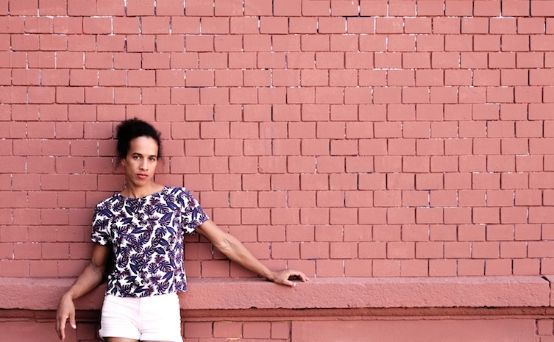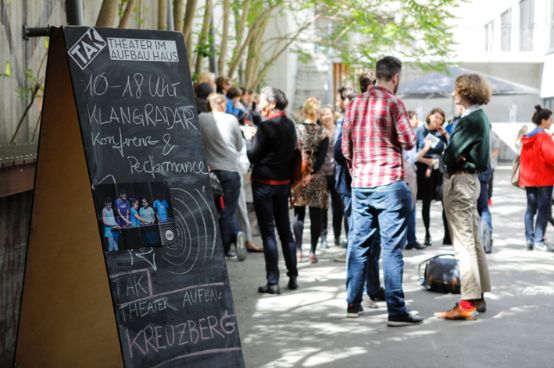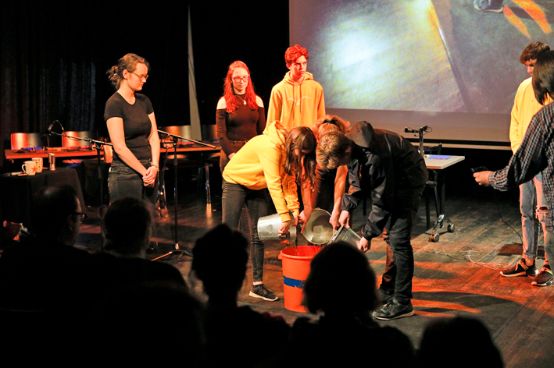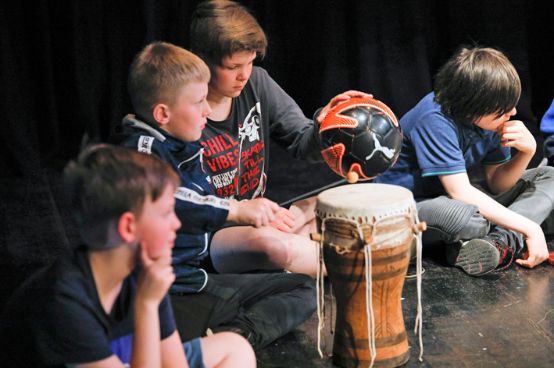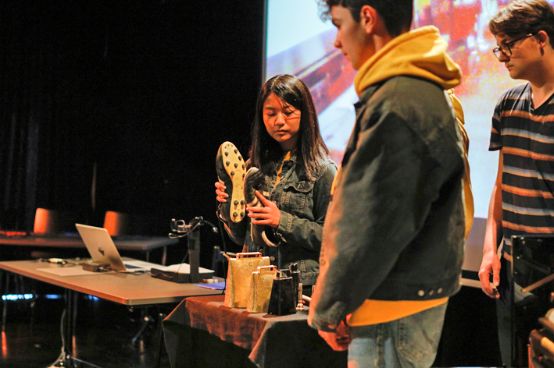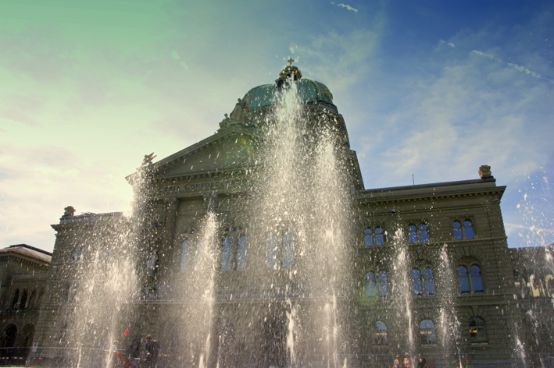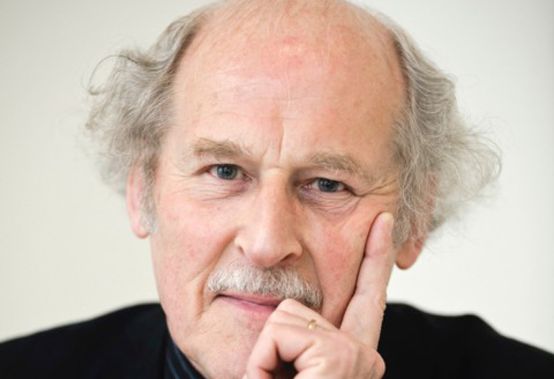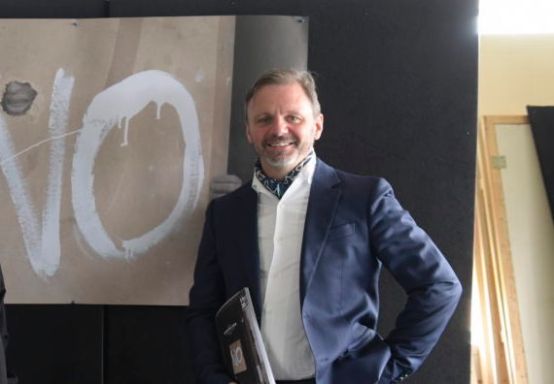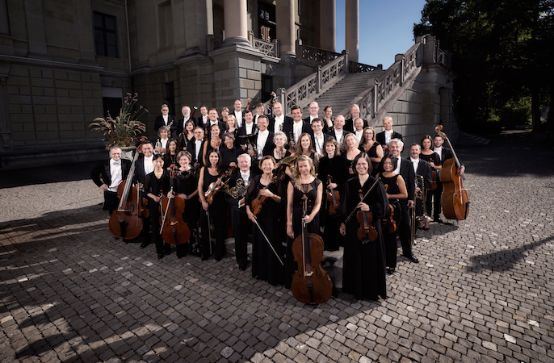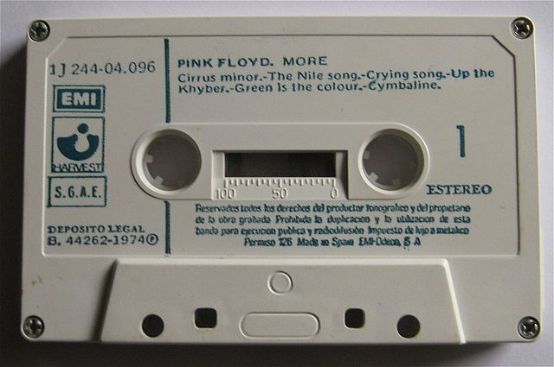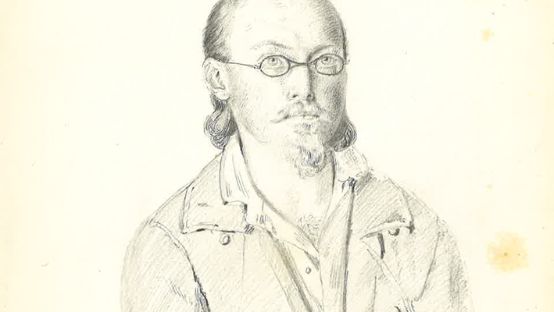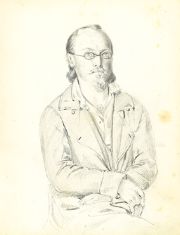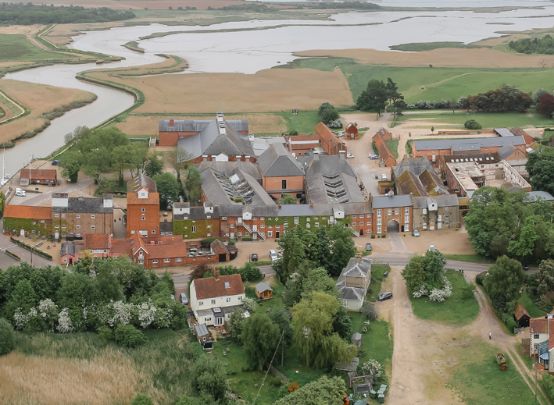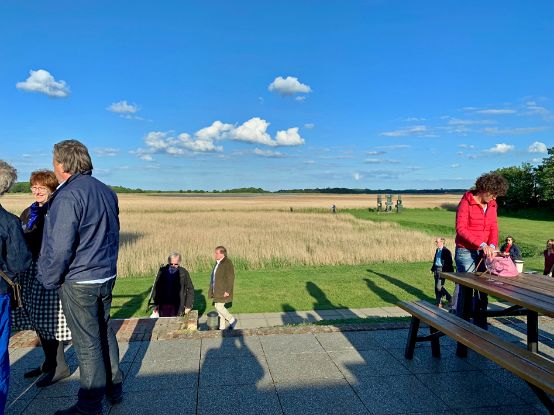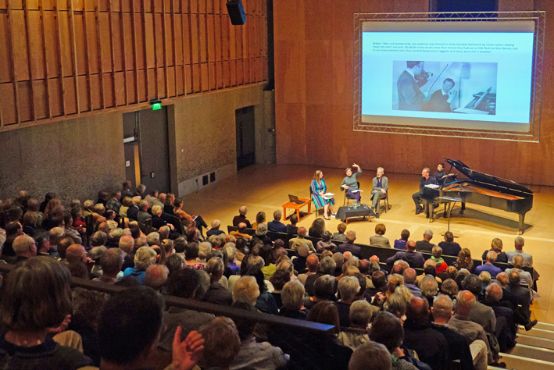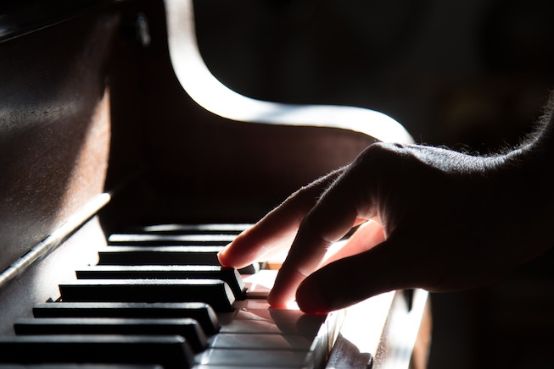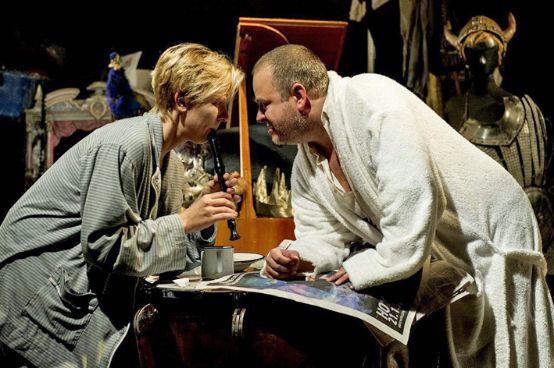Benedikt Wieland
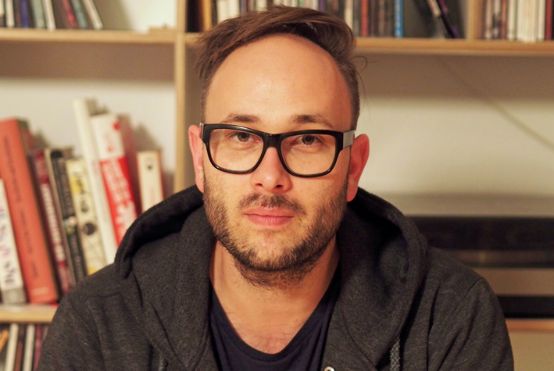

What did it take in your case for you to develop so beautifully as a musician?
The courage, the will and the urge to do it anyway!
Whether I have developed beautifully in the process is very relative; my path was and is certainly not necessarily straightforward, but I walk through the world with my arms, eyes and ears too open. I'm always discovering something new that fascinates me. Keeping a balance between all my activities is often not easy, but I feel very lucky to be able to do what I enjoy.
For me, development is a continuous process that also involves harmonizing my wishes, visions and expectations with my actions.
Are the conditions in Switzerland conducive or detrimental to musical development?
For me, the question should be: Does Switzerland, a country with a high quality of life and high economic stability, do enough to promote musical development?
Yes and no. Switzerland has strong and, above all, very broad cultural funding, which of course enables us to do a lot.
This creates a lot of exciting things, especially in niche music, because it's easier to just try something out.
Apart from the fact that the social conditions in Switzerland are not particularly great, especially for artistic professions or generally for people who are not primarily chasing money, the conditions would probably not be so bad.
But could we do more? Definitely. Having money is not innovative. What's innovative is what you do with it, and Switzerland finds it difficult to show its colors, especially in our musical latitudes. The social mindset also plays a major role. Music is nowhere near as accepted as sport, for example.
I don't know of any other country where people ask me what I do for a living and then ask me what else I do as soon as I've answered ...
Is it essential for musical self-realization to go abroad?
No, I wouldn't say it's essential. I know so many musicians who have realized themselves in the same way without spending long periods abroad.
But I can still recommend it to anyone. Especially if you feel the urge to break out of your "comfort zone". For me, making music is also a constant search and it would restrict me if I didn't have the opportunity to leave my familiar surroundings, my zone.
I also find all the new impressions that I get in a foreign country very refreshing: other ways of life, other ways of thinking, other people, other perspectives ... I find all of this very enriching for my path. And it's also exciting to look at Switzerland from the outside, because a lot of things look very different than when you live there ...
Of course, I was mainly talking about life abroad. Or did you mean touring? With niche music, it is of course essential to go abroad because Switzerland is far too small for that. We have to get out immediately. Preferably on day 2!:-)
Link
Benedikt Wieland is the founder and member of the band Kaos Protokoll.






